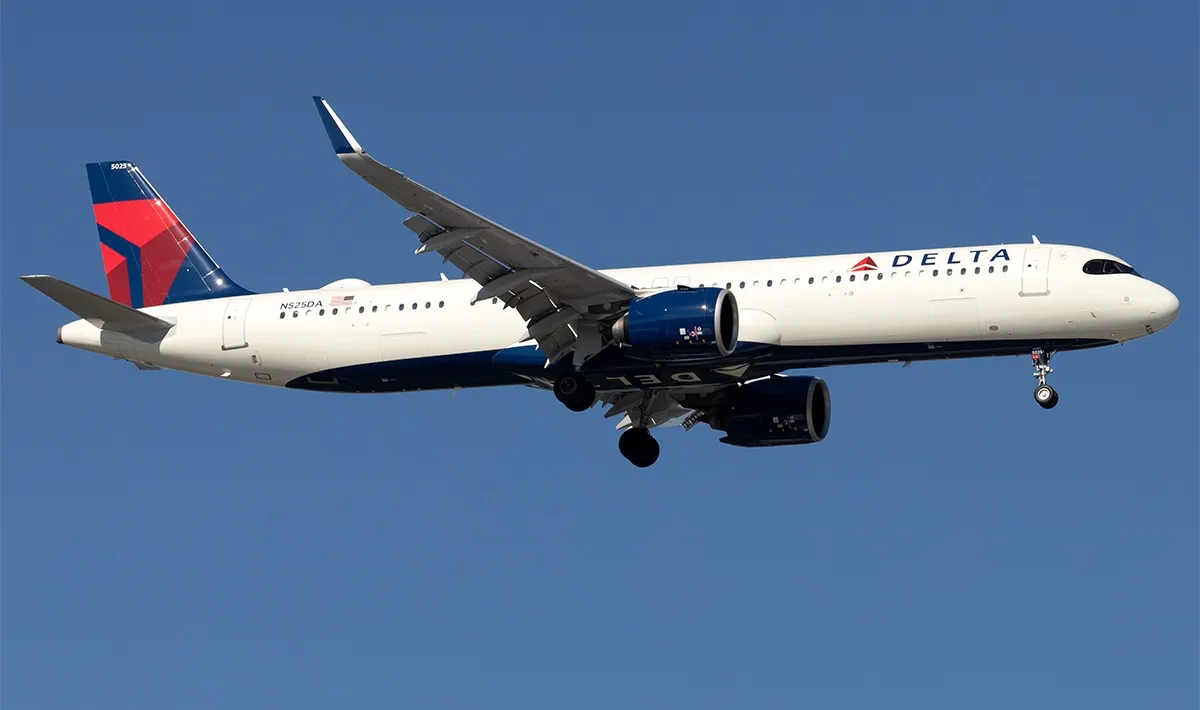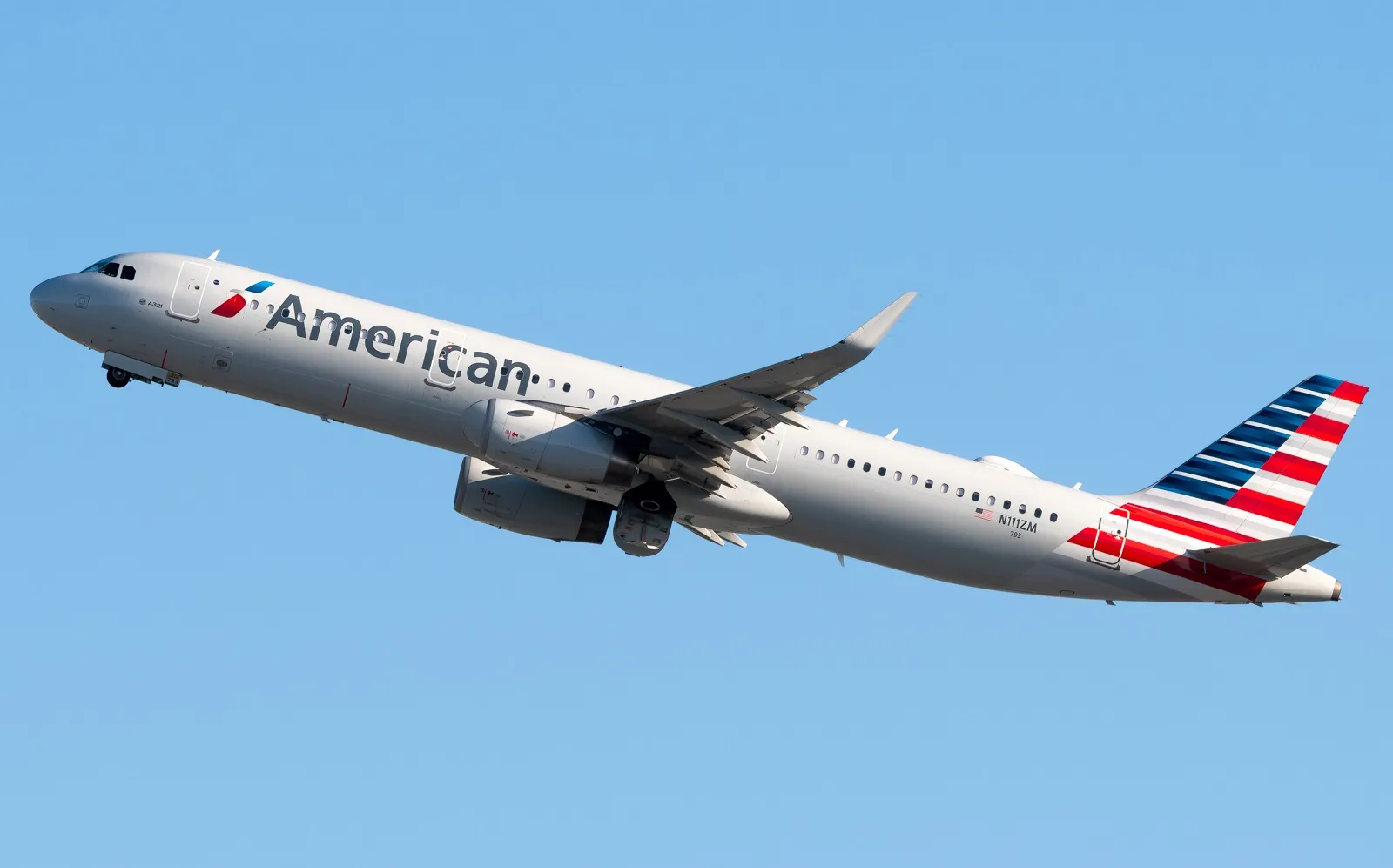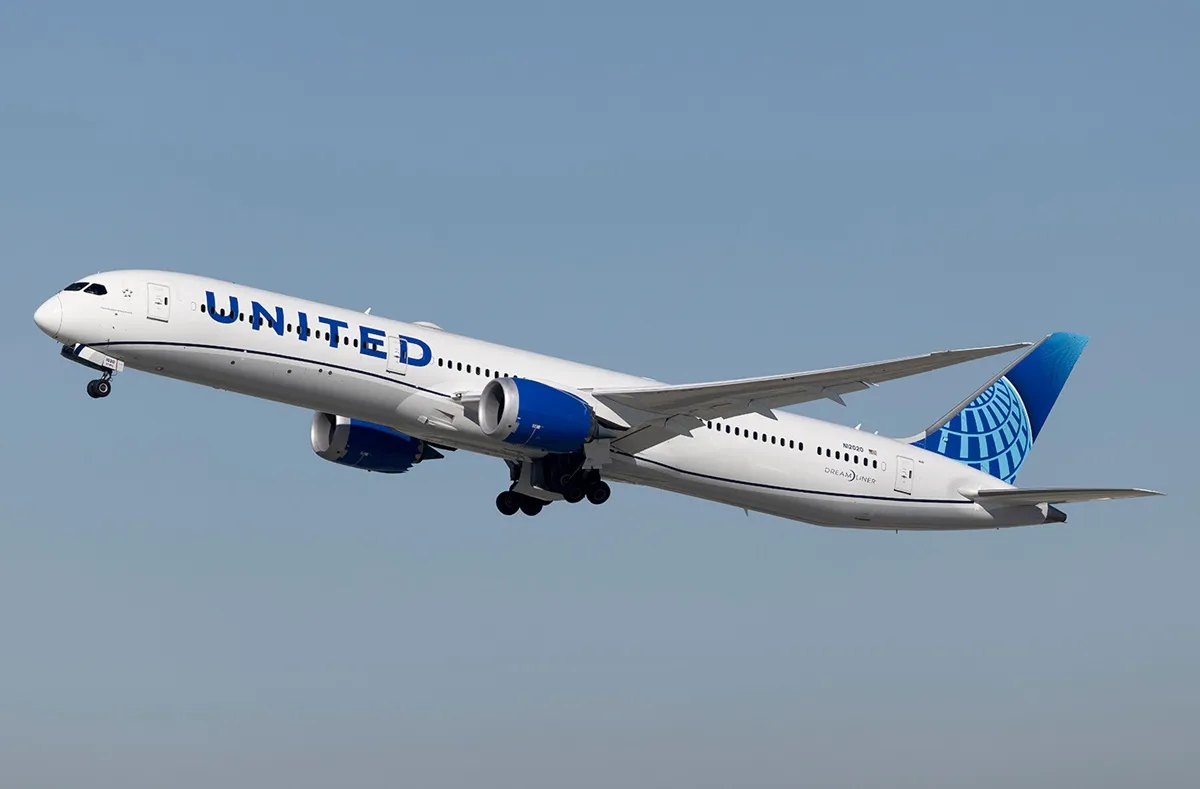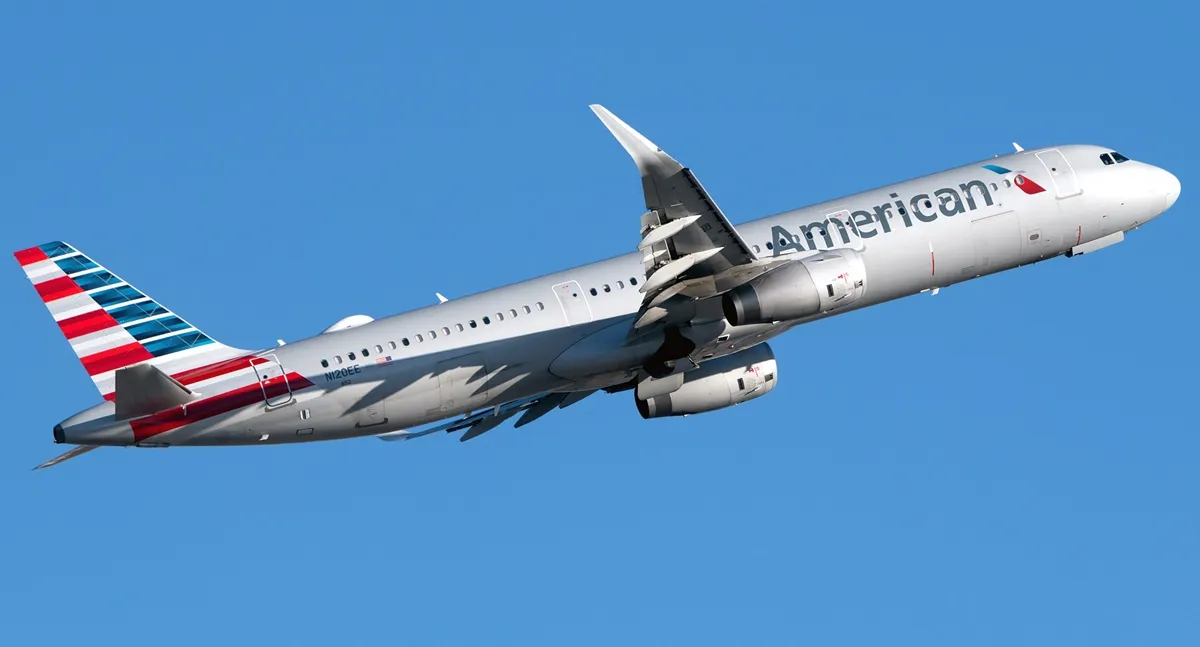
A Delta Air Lines Airbus A321-200N, which was recently forced to return to its origin airport after the crew discovered smoke in the cabin, has returned to service for the airline. After being grounded for two days, the aircraft has operated up to ten flights without any reported incidents.
A quick return to Boston
The incident occurred on March 21, 2025, when a Delta Airbus A321neo, registration N535DN, was operating a scheduled passenger flight (DL1780) from Boston to San Juan, Puerto Rico. The aircraft was carrying 191 passengers, four flight attendants, and two pilots.
According to The Aviation Herald, the crew was climbing out of Boston’s runway 27 but stopped their climb at 3,000 ft, put on their oxygen masks, and reported smoke in the cabin.
Flightradar24 shows that the aircraft departed Boston Logan International Airport (BOS) at 08:53 and was scheduled to arrive in San Juan at 12:14 local time. The flight safely returned to Boston, landing on runway 33L at about 09:06.
The crew reported still residual smell while taxiing to the apron. Delta Air Lines said in a statement,
Passengers were put on a replacement A321-200N, registration N517DN. It departed Boston at 12:00 pm and arrived in San Juan at 15:33. The incident aircraft remained on the ground for about 60 hours as it was evaluated by maintenance teams.
It returned to service on March 23 with a flight from Boston to Atlanta. N535DN has since operated ten flights to various destinations, including Seattle, Miami, Los Angeles, Orlando, and Cincinnati.
Delta’s Airbus A321 fleet
According to data from ch-aviation, N535DN is 1.85 years old, having taken its first flight in May 2023. It was delivered to Delta the following month and has accumulated 6,743 flight hours across 1,609 cycles as of December 2024. It is one of 71 A321-200Ns in Delta’s fleet, with up to 84 more on order.
The airline also has 127 A321-200s in its fleet. According to Cirium, an aviation analytics company, Delta deploys its A321s on over 150 routes.
Its top A321 route (across all types) is from Atlanta to La Guardia, with up to 95 weekly flights. It is followed by Atlanta-West Palm Beach, with 79 weekly flights, and Boston-Atlanta, with 63 weekly flights. Boston-San Juan is served up to eight times a week in April 2025.
Smoke in the cabin events
Many onboard incidents can force a flight diversion, including smoke or fumes filling the cockpit or cabin. In serious incidents where air contamination is persistent, crews are trained to take a conservative approach, which may result in an air turnback or the precautionary donning of oxygen masks and/or smoke hoods.
According to the International Air Transport Association (IATA), cabin pressurization and air conditioning use a combination of filtered recirculated air and “bleed air” from the engines. Cabin air must meet air quality standards, and under normal operations, it is considered high quality.
However, in some cases, odors can be sensed in the cabin when the air is contaminated by traces of oil, hydraulic fluid, or other agents from the engines or APU.
Smoke and fumes may also be seen in the cabin due to a fire from one of the aircraft components or a passenger device onboard.
Multiple recent Delta incidents
Earlier this month, another Delta Air Lines flight was forced to return to Boston after a “smoky odor” was detected in the cabin.
The incident occurred on Flight DL1398 from Boston to New Orleans, operated by an Airbus A220-100, registration N131DU. The crew declared an emergency to get landing priority at the Massachusetts airport.
The aircraft landed safely, and all passengers were swiftly evacuated. The aircraft also returned to service after about two days.
Last month, a Sydney-bound Delta A350-900 suffered a similar incident, with smoke being detected in the galley. The aircraft was forced to turn back about 30 minutes into the flight and landed safely in Los Angeles.
Two weeks prior, a Delta Boeing 717 en route to Kansas City from Detroit was forced to divert to Chicago after reports of smoke odors in the cabin.
In a more critical situation last week, a Hong Kong Airlines Airbus A320 operating flights from Hangzhou to Hong Kong was forced to make an emergency landing in Fuzhou after a fire was detected in one of the overhead bins.
The fire is suspected to have been caused by a powerbank. Fortunately, the crew successfully extinguished it.



